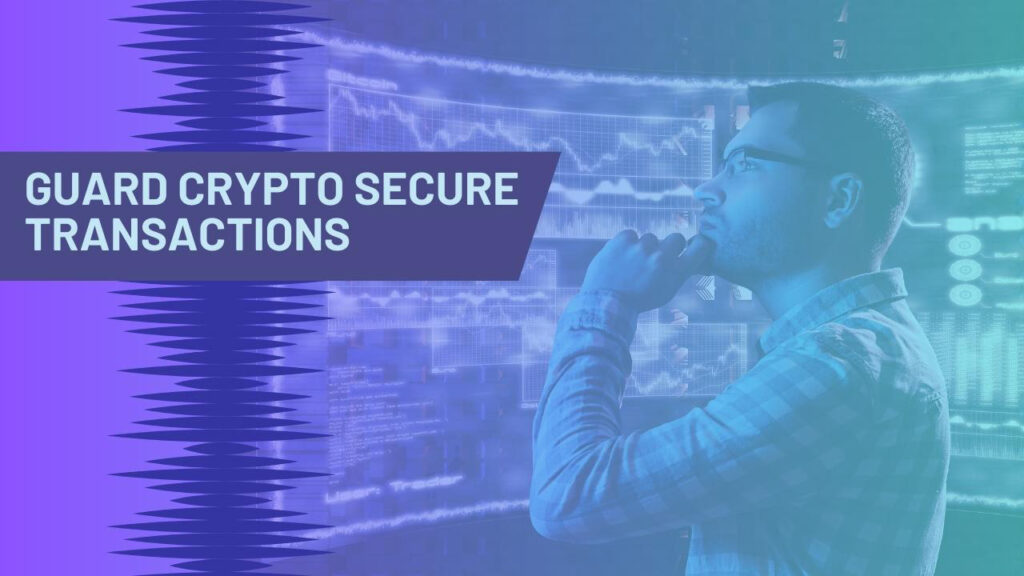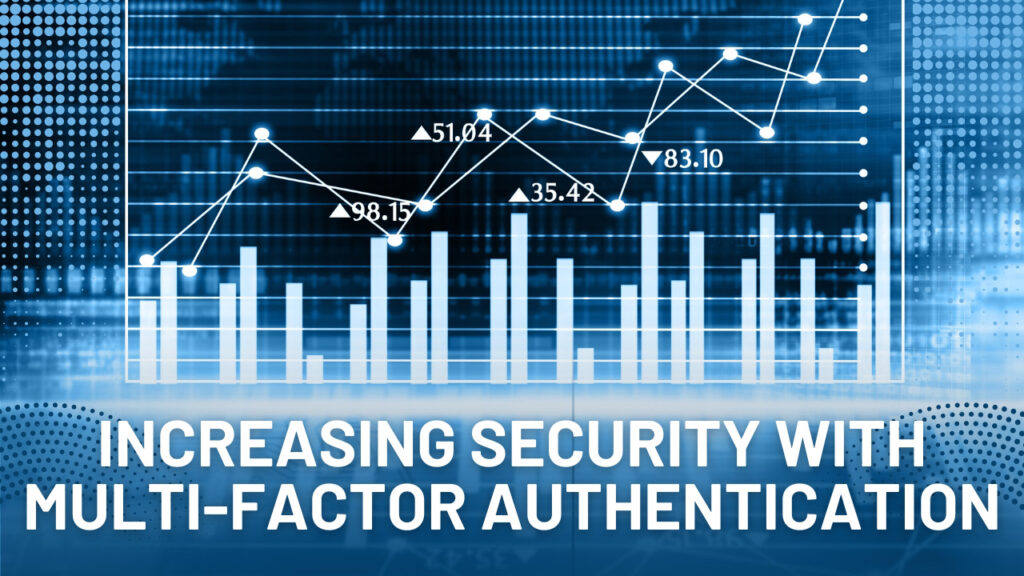
Guard Crypto: Ensuring Secure Transactions in the Digital Age
Cryptocurrencies, which provide instant transactions, complete record keeping, and decentralized authority, have ushered in a new era in the history of money. Guard Crypto Secure Transactions. There must be strict safety procedures in place to protect the growing number of digital asset transactions. In this post, we’ll go into the numerous ways in which cryptocurrency security, transaction integrity, and user privacy may be maintained.
Which Guard Crypto is it?
Guard Crypto is the term used to describe the activity of putting security measures in place to safeguard cryptocurrencies and guarantee secure online transactions. It entails deploying a range of tools and methods to protect digital assets, thwart illegal access, and lessen the dangers brought on by hacking efforts and cyberthreats. Encryption, two-factor authentication, safe storage (wallets), smart contract implementations, decentralized exchanges, cybersecurity protocols, legislative frameworks to encourage security standards, and other techniques are used to protect cryptocurrency. The objective is to establish a safe environment where users may store and conduct transactions with their Guard Crypto without worrying about theft or manipulation.
Cryptocurrencies Are Growing:
The popularity of cryptocurrencies has grown significantly in recent years, luring both users and investors. The first cryptocurrency, Bitcoin, cleared the path for a brand-new digital economy. There are already thousands of cryptocurrencies, each with special characteristics and applications. However, as adoption rises, security must also be strengthened to guard against fraud and illegal access.
Knowing Why Security Is Needed:
The potential of security lapses and cyber assaults is ever-present in the digital world, where transactions take place online and information is shared electronically. Since they function in a decentralized and frequently anonymous context, Guard Crypto are no exception. Money and personal information belonging to users may be at risk of theft or manipulation in the absence of adequate security measures.
Protecting Transactions Using Encryption:
Encryption is one of the key components of crypto security. Advanced cryptographic methods are used by cryptocurrencies to secure transactions and safeguard sensitive data. It is extremely difficult for bad actors to intercept and understand the transaction data thanks to encryption, which makes sure that only the intended receiver may access the information.
Increasing Security with Multi-Factor Authentication:

The security of bitcoin transactions is greatly strengthened by multi-factor authentication (MFA). MFA dramatically lowers the danger of unwanted access by forcing users to submit several kinds of identity, such as passwords, fingerprints, or physical tokens. By implementing MFA across all Guard Crypto platforms and wallets, additional security is added, making it more difficult for attackers to access users’ accounts.
Using Secure Wallets to Store Cryptocurrencies:
Cryptocurrency wallets are online resources for storing, managing, and exchanging digital money. When selecting a wallet, security is of the utmost importance since it directly affects the security of your money. Hardware wallets like Trezor or Ledger provide offline storage and encryption, giving your digital assets a secure environment. Software wallets should put an emphasis on strong security features like encryption and password protection.
Smart Contracts: Improving Security and Trust
Blockchain-based smart contracts make it possible to execute self-executing agreements without the use of middlemen. These agreements are impenetrable and automatically uphold the stipulated terms. Through the use of smart contracts, trust and security are improved, obviating the need for middlemen and lowering the likelihood of fraudulent activity.
Exchanges that are decentralized: safeguarding user privacy:
By eliminating the need for middlemen, decentralized exchanges (DEXs) give consumers a peer-to-peer platform to trade Guard Crypto. Since users of DEXs are not required to provide any personal information when trading, they provide improved privacy. DEXs lower the risk of cyberattacks and safeguard user privacy by eliminating centralized control and custody of money.
Cybersecurity Protection: Preventing Hacks
As cryptocurrencies become more popular, hackers are always coming up with new ways to attack weaknesses. To protect against these threats, effective cybersecurity measures must be put in place. This include keeping software up to date, doing security audits, and using firewalls and intrusion detection systems to safeguard user accounts and crypto platforms.
Read More: Xen Crypto, Future of Digital Currency
Promoting Security Standards within Regulatory Frameworks:

In the crypto industry, regulatory frameworks are essential for assuring security and safeguarding users. To stop illegal activity, ensure compliance, and encourage best practices, governments and regulatory agencies all over the world are creating rules and regulations. The observance of these rules promotes the growth of confidence and the wide use of cryptocurrencies.
The Function of Awareness and Education:
Crypto security requires both knowledge and education to work well. Users must be aware of the dangers and the best procedures for protecting their digital assets. People may take charge of their own security, reduce risks, and make wise decisions with the help of educational programs, tutorials, and user-friendly materials.
Prospects for Crypto Security:
To meet new difficulties, the field of crypto security is constantly developing. We can anticipate the appearance of ground-breaking solutions as technology develops, such quantum-resistant encryption and sophisticated biometrics. Collaborations between cybersecurity professionals and industry stakeholders will also aid in developing strong security standards for the Guard Crypto ecosystem.
FAQs:
How can I protect my assets in cryptocurrencies?
A: Use hardware wallets, turn on multi-factor authentication, and maintain your software up to date to protect your bitcoin investments.
Do decentralized exchanges offer more security than centralized ones?
A: Decentralized exchanges boost privacy and cut down on hacking risks, but it’s crucial to do your homework before utilizing any exchange.
Can smart contracts be changed or manipulated?
A: Smart contracts are immutable once they are placed on the blockchain and cannot be changed unless specifically designed to enable changes.
What part do regulators play in the security of cryptocurrency?
A: Regulators create policies and rules to advance security standards, stop illegal activity, and safeguard consumers in the cryptocurrency field.
How can I keep up with the most recent cryptographic security measures?
A: Stay informed by subscribing to dependable cryptocurrency news sources, taking part in online forums, and communicating with cybersecurity professionals in the industry.
Conclusion:
The protection of cryptocurrency assets is crucial in the digital era. People may increase the security of their transactions and safeguard their money by deploying encryption. Multi-factor authentication, secure wallets, and smart contracts. Education, regulatory frameworks, and cybersecurity measures all help to make the cryptosphere safer. Let’s prioritize security as we use Guard Crypto to create a reliable and safe digital economy.
In the digital era, protecting bitcoins is essential. People may secure their money and personal information by using secure wallets, multi-factor authentication, and encryption. The security of cryptocurrency transactions is further increased by embracing smart contracts, decentralized exchanges, and strong cybersecurity measures. We can create a safer and more secure crypto environment for all users with the help of regulatory frameworks and ongoing education.